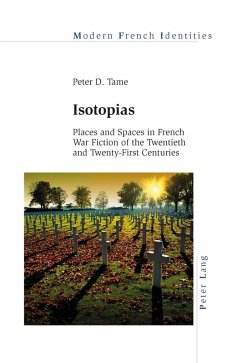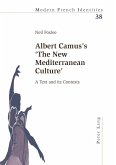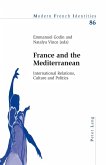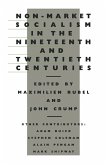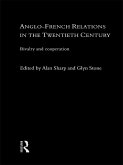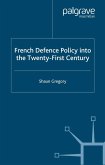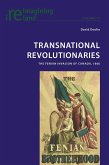This monograph is the first book to examine places and spaces in French war fiction of the twentieth and twenty-first centuries. These places and spaces are presented as literary isotopias, or fictional «worlds», and analysed in a selective corpus of thirty-three novelists and forty-two examples of war fiction. The book identifies and classifies the various types of isotopia that appear in fiction in the form of scenes, images or literary microcosms. The author establishes four isotopic modes - possession, dispossession or loss, alienation, and repossession - by which means the isotopias are expressed. The spaces considered include territorial demands, gains, possessions, losses and national spaces, as well as internal mental spaces.
The corpus of novels selected for this project covers a wide variety of examples of fictional worlds: the spiritual, the marginal, the regional, the ideological, the psychological, the erotic, the ecological and the political. The methods of analysis identify these worlds, demonstrate both how they function in relation to the characters in the novels and how they affect the reader, and provide further illumination on the intentions, achievements and ideologies of the characters and of the novelists concerned. One of the findings of the study is that the greater the stress of war and conflict the more authors and characters tend to seek refuge in their imaginary (isotopic) worlds.
The corpus of novels selected for this project covers a wide variety of examples of fictional worlds: the spiritual, the marginal, the regional, the ideological, the psychological, the erotic, the ecological and the political. The methods of analysis identify these worlds, demonstrate both how they function in relation to the characters in the novels and how they affect the reader, and provide further illumination on the intentions, achievements and ideologies of the characters and of the novelists concerned. One of the findings of the study is that the greater the stress of war and conflict the more authors and characters tend to seek refuge in their imaginary (isotopic) worlds.
Dieser Download kann aus rechtlichen Gründen nur mit Rechnungsadresse in A, B, BG, CY, CZ, D, DK, EW, E, FIN, F, GR, HR, H, IRL, I, LT, L, LR, M, NL, PL, P, R, S, SLO, SK ausgeliefert werden.
«With its close readings of a wide range of fictions of conflict, the monograph offers valuable insights into the imaginative and creative processes involved in their writing.»
(Angela Kimyongür, French Studies 71/2 2017)
«Peter Tame's book [...] is a major work of scholarship.»
(John Fletcher, Journal of European Studies 45(4) 2015)
(Angela Kimyongür, French Studies 71/2 2017)
«Peter Tame's book [...] is a major work of scholarship.»
(John Fletcher, Journal of European Studies 45(4) 2015)

